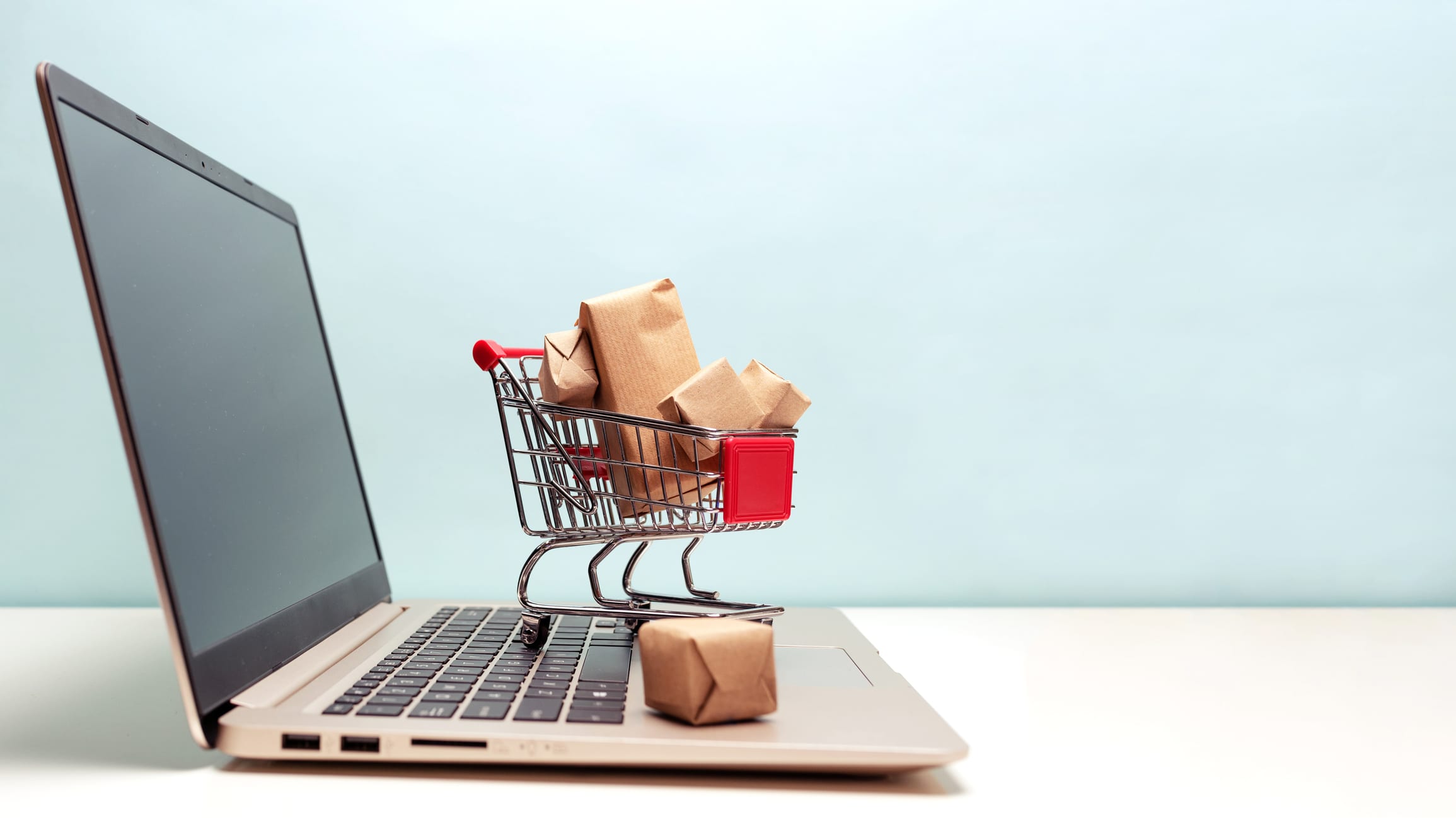The Amazon Effect and Other Trends in the US Food Industry

This event has ended
-
Date
August 18, 2021
-
Time
2:00 pm - 3:00 pm
The Amazon Effect and Other Trends in the US Food Industry:
Implications for National Security
The “Amazon Effect” refers to the rapid increase in e-commerce and online shopping and the way consumers shop and bring goods home over the past few decades. This has had a huge impact on traditional food retailers and the entire food supply chain, including food manufacturers, distributors, marketers and advertisers as well as food retailing and food service. Due to growing consumer demand for convenience, changing demographics, growing consumer tech-savviness, and the growing market relevance of Generations Y and Z over time, the food supply chain has continually shifted toward on-line food purchases and data-driven home delivery of food items. This shift has affected the organization and power arrangements in the food industry as tech and logistics companies are becoming major players. The $14 billion acquisition of Whole Foods by Amazon is one example of the trend toward clicks from bricks.
The 2020 COVID-19 pandemic only accelerated these trends. To optimally cater to emerging consumer food demand trends, the food supply chain will increasingly rely on big data up and down the supply chain. This will increase the likelihood of intentional and unintentional data breaches and catastrophic data-related events unless efforts are put in place to minimize the exposure of the food supply chain and data security receives greater attention.
In this webinar, Adelaja and Weatherspoon will discuss the implications of the Amazon Effect for the future of food security and national security. They predict further reorganization of the food supply chain, increased reliance on big data, greater demand for traceability and block-chain technologies for security and quality control, the emergence of new food deserts due to the equity problems with internet access, and greater exposure to supply chain disruptions perpetrated by non-state actors and savvy tech disrupters. To safeguard the food system, they argue for an improved scanner and data security architecture, an improved regulatory framework, and deeper thinking about how to address food safety & security concerns in a sustainable way.
Presenters
Soji Adelaja, Ph.D.
John A. Hannah Distinguished Professor in Land Policy
Department of Agricultural, Food and Resource Economics
Michigan State University
&
Dave Weatherspoon, Ph.D.
Assistant Provost for Academic Strategic Planning
Professor of Agricultural, Food & Resource Economics
Michigan State University
